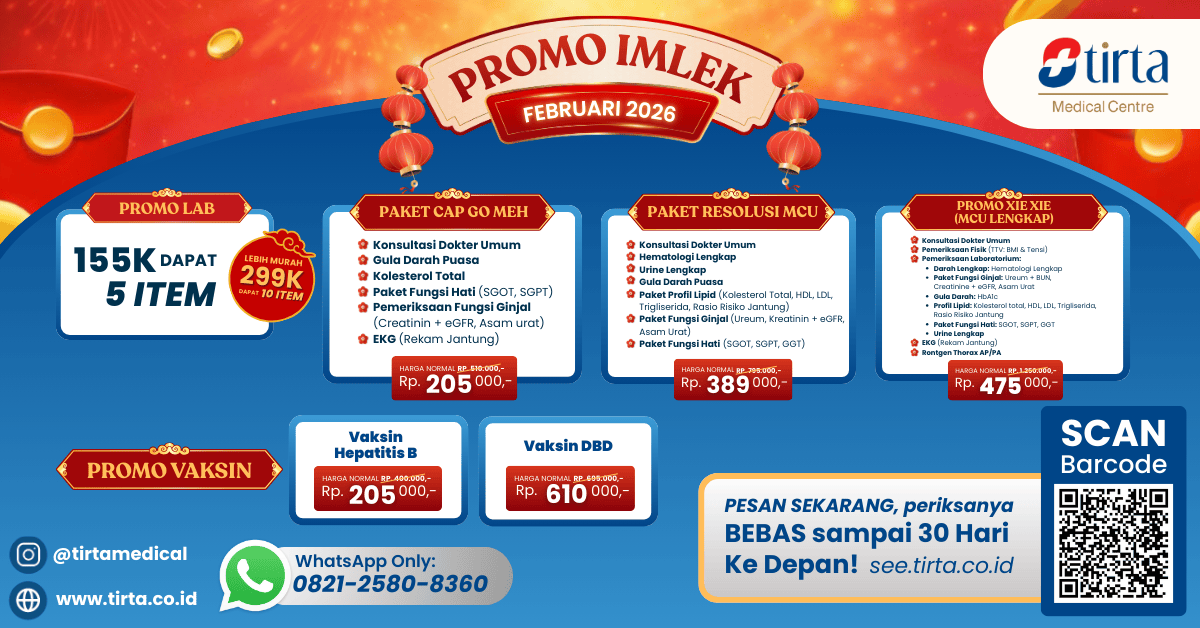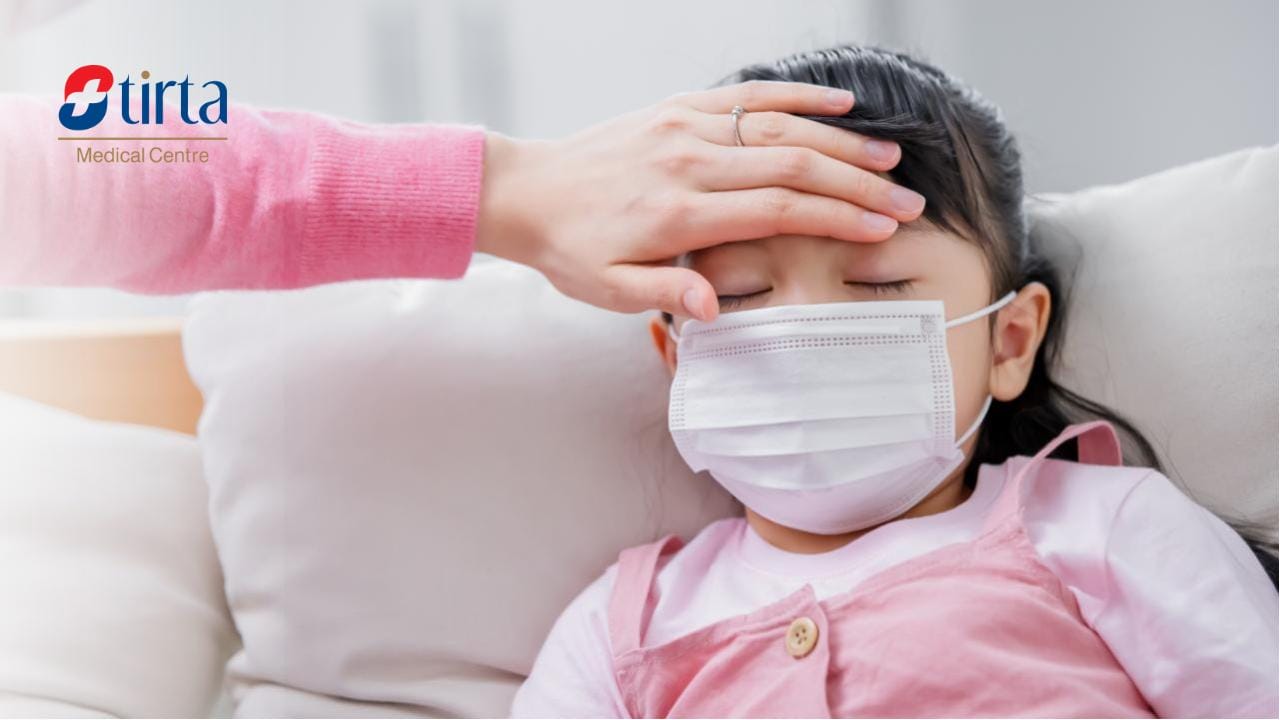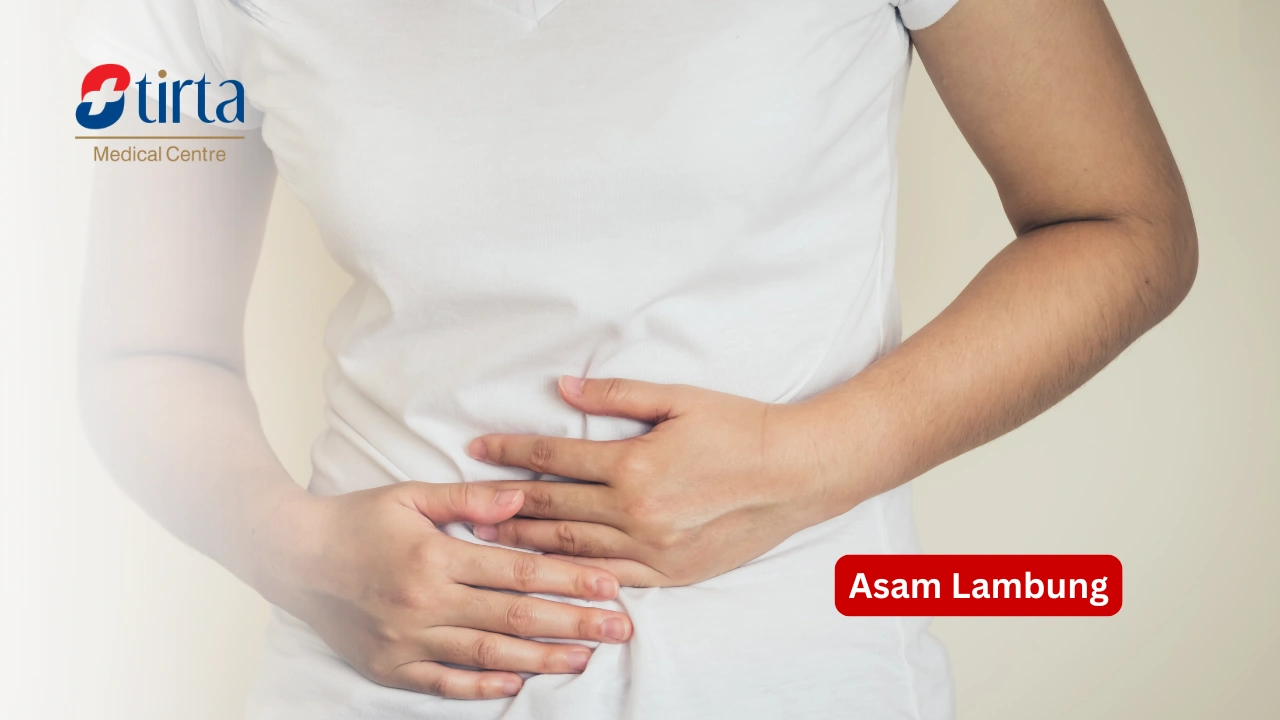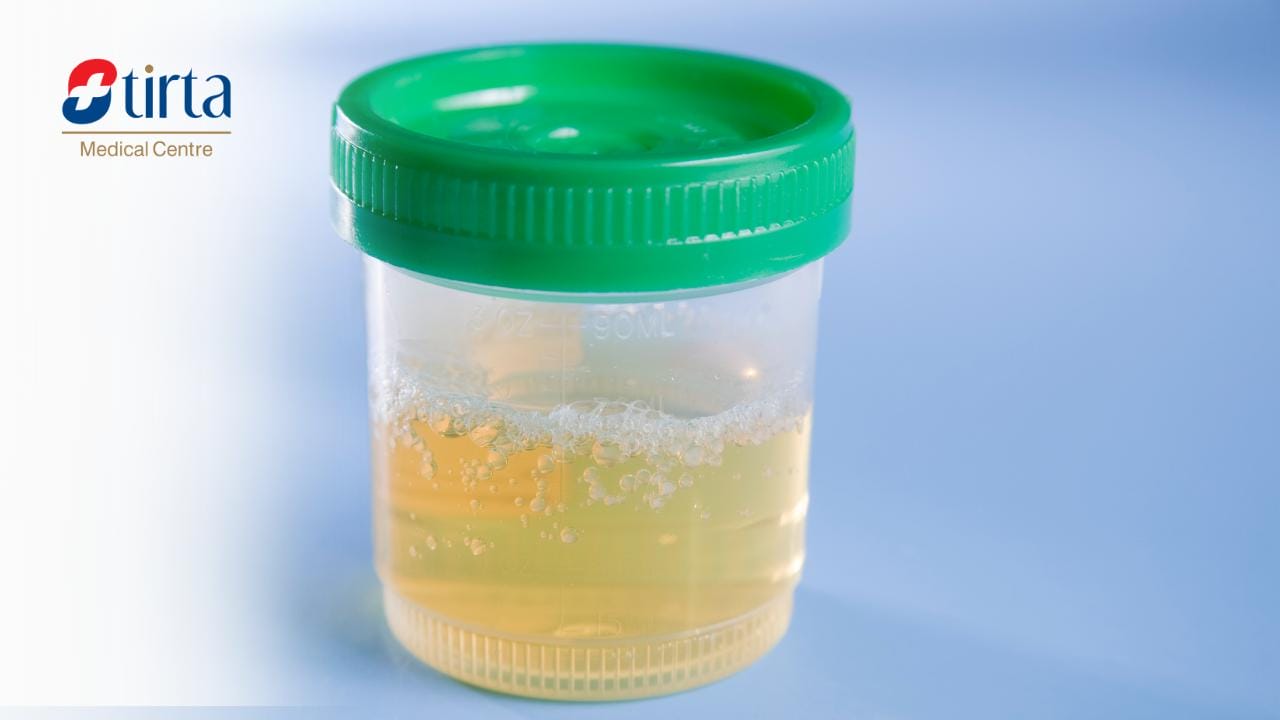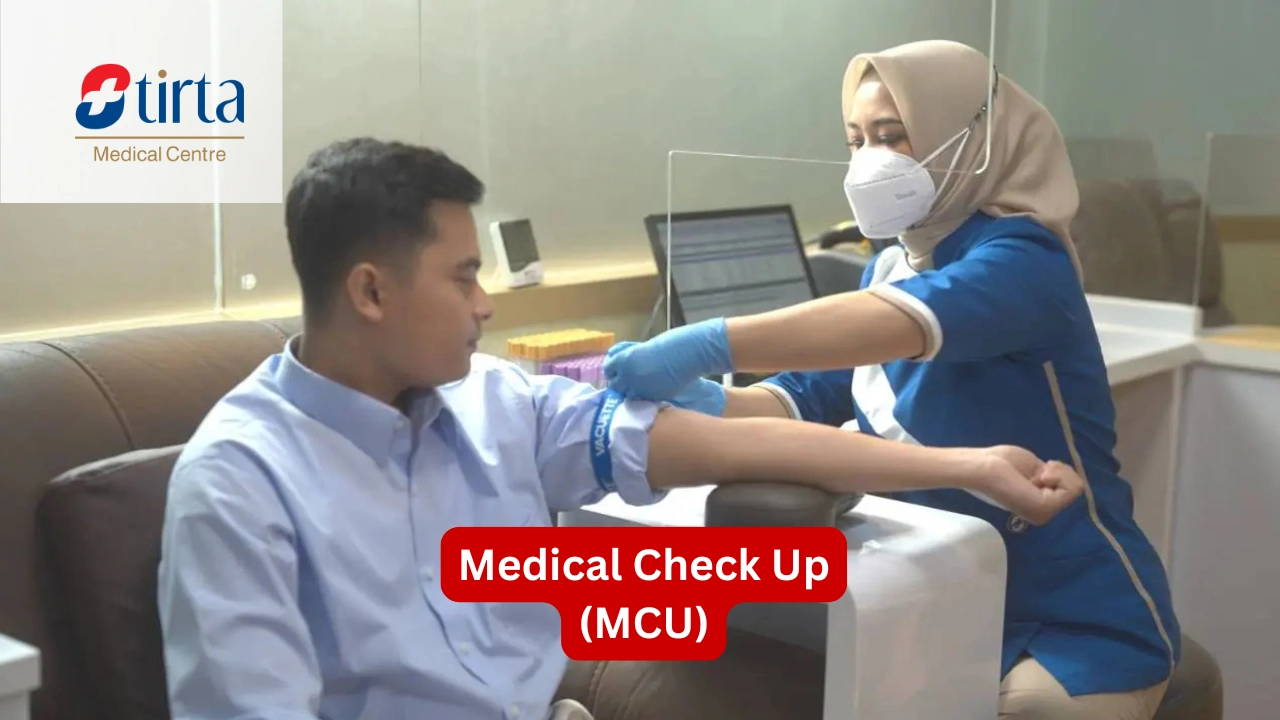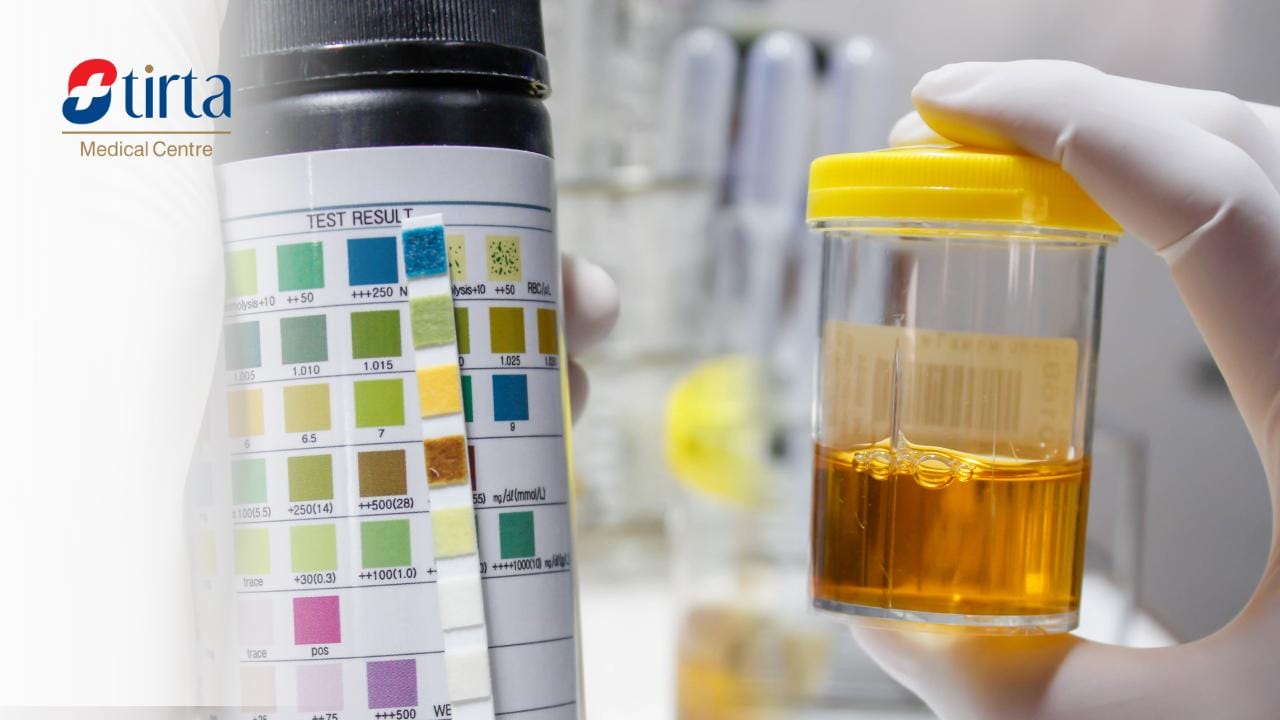Dengue Fever is a contagious illness caused by the dengue virus, spread by Aedes aegypti mosquito bites. This disease can affect anyone, but children are the most vulnerable group to serious complications.
7 Symptoms of DHF in Children
It’s important for parents to know the early signs of Dengue Hemoragi Fever (DHF) in children. Early detection of DHF symptoms in children can prevent serious complications and allow for more optimal medical management.
1. Sudden High Fever
A sudden high fever is a key sign of DHF, reaching temperatures up to 40°C (104°F) and lasting for 2–7 days.
The fever is biphasic in nature, meaning it will decrease on the 3rd or 4th day but will rise again. The fever usually comes with chills and does not respond to antipyretics like paracetamol.
2. Body Pain
The child will experience significant pain in various body parts:
- Intense muscle pain (myalgia), especially in the back, arms, and legs
- Joint pain (arthralgia) that hampers movement
- Severe headaches, particularly in the forehead and behind the eyes
- Distinct pain when moving the eyeballs (retroorbital pain)
3. Bleeding Manifestations
Bleeding signs to be aware of include:
- Petechiae (small red spots) that appear on the skin, especially on the extremities (legs and arms)
- Epistaxis (nosebleeds) that are difficult to stop
- Gum bleeding during tooth brushing
- Hematemesis (vomiting blood) in severe cases
4. Digestive Disturbances
The child’s digestive system will be affected with symptoms such as:
- Persistent nausea and vomiting
- Severe abdominal pain, especially in the epigastric area
- Diarrhea or constipation
- Significant anorexia (loss of appetite)
5. Behavioral Changes
Parents need to watch for changes in behavior such as:
- Extreme lethargy or sluggishness
- Irritability or becoming easily agitated
- Somnolence (difficulty waking up)
- Unusual restlessness
6. Signs of Shock
During the critical phase, signs of shock may appear including:
- Skin cold and clammy, especially on the extremities
- Pulse rapid and weak
- Decreased blood pressure
- Prolonged capillary refill time (>2 seconds)
- Reduced urine output
7. Characteristic DHF Rash
Characteristics of the rash in DHF include:
- Appears 2-5 days after the fever starts
- Red in color
- Spread across the chest, back, and extremities
- May be accompanied by mild itching
- Fades without leaving marks
It is important to note that the intensity of symptoms can vary in each child. Some children may only experience mild symptoms, while others may exhibit severe manifestations.
The critical phase usually occurs when the fever begins to subside, between the 3rd and 7th days since the onset of fever. During this phase, the child’s condition can deteriorate rapidly, requiring close monitoring.
Parents should immediately take their child to the nearest health facility if they find a combination of the above symptoms, especially if accompanied by danger signs such as:
- Severe abdominal pain
- Persistent vomiting
- Mucosal bleeding
- Lethargy or restlessness
- Liver enlargement >2 cm
- Increased hematocrit with rapid decrease in platelets
Dengue Diagnosis in Children
The diagnosis of DHF is made through several examination stages:
– History Taking and Physical Examination
The doctor will ask about the history of the illness and perform a complete physical examination to look for signs of DHF.
– Laboratory Tests
Some tests conducted include:
- Complete blood count to look at platelets, hematocrit, and white blood cells
- NS1 antigen test to detect dengue virus
- Dengue IgG and IgM tests
- Liver function tests
– Diagnostic Criteria
The diagnosis of DHF is established based on WHO criteria which include:
- Sudden high fever
- Bleeding manifestations
- Thrombocytopenia
- Plasma leakage
Dengue Test Costs for Kids
Laboratory testing for Dengue Hemorrhagic Fever (DHF) is a crucial step in diagnosing and monitoring the disease’s progression in children.
Tirta Medical Centre (TMC) offers comprehensive laboratory testing services with high-quality standards and modern equipment. Consult our doctors before any lab tests to ensure you get the right tests for your symptoms.
Here are the types of DHF tests available at TMC, along with their affordable costs:
- Complete Blood Count (CBC): IDR 95,000
- Dengue NS1 Rapid Test: IDR 245,000
- Anti Dengue IgG Test: IDR 741,000
- Anti Dengue IgM Test: IDR 703,000
- SGOT and SGPT Test: IDR 100,000
Note: Prices are subject to change at any time. Friend Tirta can contact us for updates on dengue fever check costs or online reservations here:
Advantages of the TMC Laboratory:
- Fast and accurate test results
- High-tech laboratory equipment
- Experienced medical staff
- Child-friendly and comfortable examination rooms
- Over 30 clinic branches throughout Indonesia
Dengue Treatment in Children
Treatment of DHF focuses on supportive therapy as there are no specific antiviral drugs.
– Home Management
For mild cases, the following can be done:
- Administering paracetamol to reduce fever
- Maintaining hydration by drinking plenty of fluids
- Ensuring adequate rest
– Clinic or Hospital Care
Indications for hospitalization include:
- Very low platelets
- Signs of bleeding
- Organ disorders
- Signs of shock
– Intravenous Fluid Therapy
The administration of intravenous fluids is the main management for:
- Preventing shock
- Addressing dehydration
Dengue Prevention in Children
Steps to prevent dengue fever in children include:
- Eradicating mosquito breeding grounds
- Using mosquito nets
- Applying mosquito repellent lotion
- Maintaining environmental cleanliness
Parents should quickly take their child to a doctor if they notice signs of severe dengue fever, especially during the critical days after the fever starts.
References:
- Gadjah Mada University. Accessed in 2024. Pediatric Specialist UGM: Parents Must Recognize the Symptoms of Dengue Virus in Children: https://ugm.ac.id/id/berita/dokter-spesialis-anak-ugm-orang-tua-wajib-kenali-gejala-virus-dengue-yang-timbul-pada-anak/
- Journal of Prima Indonesia University. Accessed in 2024. Characteristics of Dengue Hemorrhagic Fever in Children at Royal Prima Medan General Hospital: https://jurnal.unprimdn.ac.id/index.php/JKPI/article/view/1783/1027
- Journal of Binawan University. Accessed in 2024. Mothers’ Knowledge and Behavior Towards Early Detection of Dengue Hemorrhagic Fever in Children: https://journal.binawan.ac.id/index.php/bsj/article/download/853/359/3763
- Nemours KidsHealth. Accessed in 2024. Dengue Fever (for Parents): https://kidshealth.org/en/parents/dengue.html
- WHO, IRIS. Accessed in 2024. Dengue Hemorrhagic Fever: https://iris.who.int/bitstream/handle/10665/41988/9241545003_eng.pdf;sequence=1
- Mayo Clinic. Accessed in 2024. Dengue Fever – Symptoms and Causes: https://www.mayoclinic.org/diseases-conditions/dengue-fever/symptoms-causes/syc-20353078
- CDC. Accessed in 2024. About Dengue: https://www.cdc.gov/dengue/about/index.html

